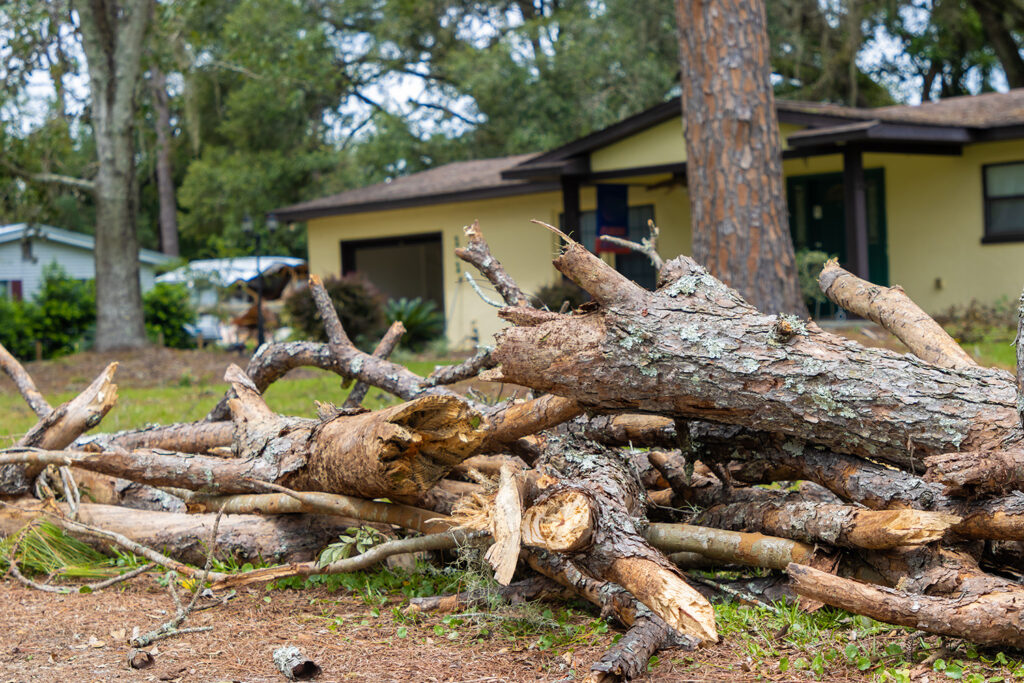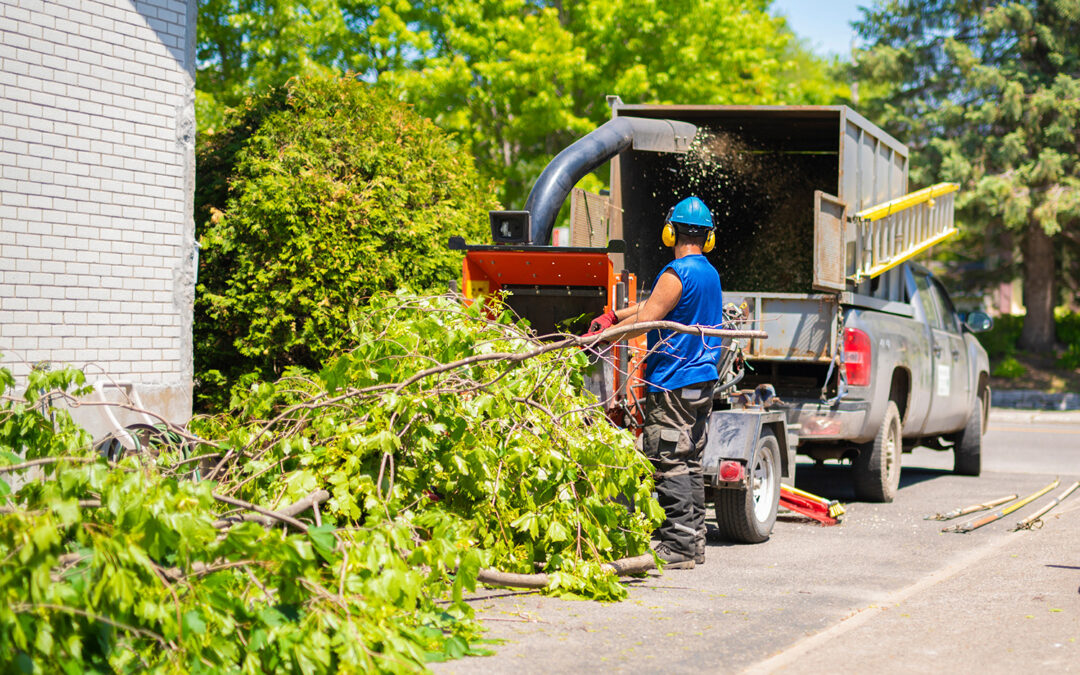The Power of Community Action in Environmental Protection
By pooling resources and working collaboratively, communities can implement effective strategies. Also, reduce waste, conserve resources, and enhance their local ecosystems. This blog explores practical initiatives that communities can adopt to protect the environment. Besides, to ensure a healthier planet for future generations.
Community action in Recycling Programs
One powerful way communities can reduce environmental impact is by adopting comprehensive recycling programs. While many are accustomed to recycling paper, plastic, and glass, expanding efforts to include small and big items, such as concrete and horticultural waste, tree limbs, landscape debris can significantly reduce landfill contributions. Establishing local collection points for these materials and organizing regular community recycling drives can make it easier for residents to dispose of them responsibly. By doing so, communities not only minimize waste but also conserve resources by reusing materials in new projects.
Community action in Gardening
Another impactful initiative is community gardening, which not only promotes biodiversity but also strengthens community bonds. By converting unused spaces into gardens, communities can provide habitats for local wildlife. Consequently, improve air quality, and reduce urban heat. Community gardens also offer fresh produce. Produce which can be shared among residents or donated to local food banks. Additionally, helping to fight food insecurity and promote healthy eating habits.

Green Spaces with Recycled Material
In today’s world, the responsibility of environmental care has shifted from isolated efforts to a collective community endeavor. Business owners, commercial spaces, and residential areas alike have recognized the importance of sustainable practices. Whether it’s through recycling, reducing waste, or initiating green projects, there’s a lot that communities can do. We can all play a part in safeguarding the environment.
One effective way communities can make an impact is through comprehensive recycling programs. This isn’t limited to just paper or plastic; it extends to larger items like concrete from construction sites or horticultural waste from regular yard maintenance. By setting up local recycling centers or collaborating with existing facilities, communities can ensure that these materials are repurposed rather than ending up in landfills. Business owners can get involved by promoting recycling within their premises, providing bins, and educating employees about the importance of segregating waste.
Organizing Regular Clean-Up Drives
Green spaces play a pivotal role in urban settings, contributing positively to both environmental health and community well-being. Communities can come together to create and maintain parks, community gardens, or green rooftops. These areas not only improve air quality but also provide a communal space for relaxation and interaction. Commercial places can contribute by incorporating green walls and indoor plants, which can enhance air quality and offer aesthetic appeal.
Another impactful initiative is organizing regular clean-up drives. By dedicating a day each month to clean local parks, beaches, or streets, communities can foster a sense of pride and responsibility among residents and business owners alike. Recycling all debris, branches, and leaves that are collected can be converted into mulch and topsoil for future projects in gardening and landscaping.
Educational Initiatives
Schools can introduce environmental studies into their curriculum, ensuring that future generations are well-equipped to continue these efforts. By creating platforms for discussion and sharing success stories, communities can inspire more people to join the cause and make a tangible difference.
In conclusion, taking care of our environment requires a collective effort, and community action is pivotal in this regard. By implementing recycling programs, promoting sustainable transport, encouraging community gardening, raising awareness, and collaborating with organizations, communities can create lasting positive changes. These actions not only benefit the environment but also foster a sense of unity and pride among residents as they work together toward a common goal.

